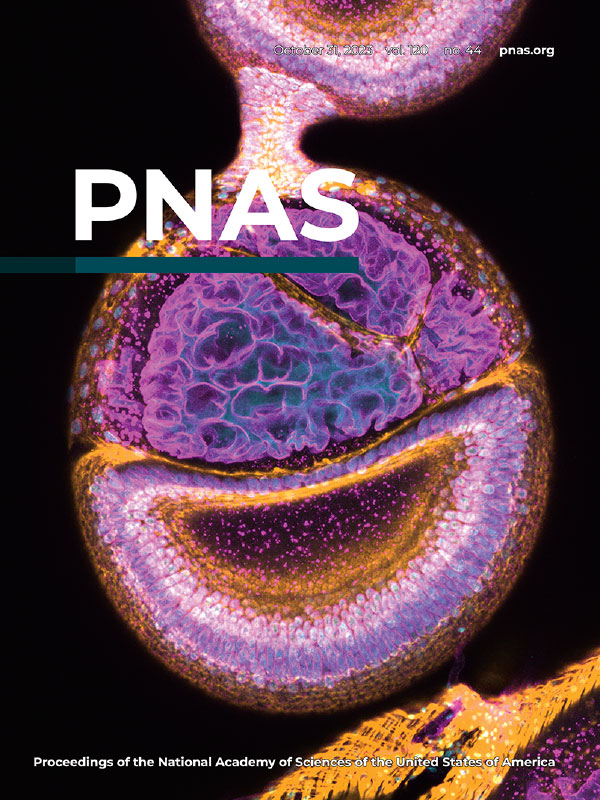Research Article
The benefits of nature exposure: The need for research that better informs implementation
Publication Date:
DOI: https://doi.org/10.1073/pnas.2304126120
Abstract
Concern about humanity’s detachment from nature has spawned a global push to increase the availability of green spaces within cities. One impetus for this movement is a growing collection of studies documenting an association between improved human well-being and exposure to nature. The challenge lies in translating this research into pragmatic recommendations for cities. The usefulness of the existing research portfolio is diminished by the limitations of prevailing research designs. For example, most nature exposure studies (>80%) are observational. The rare randomized manipulative experiments tend to be indoors or virtual and rely on nature exposures on the order of ten to fifteen minutes. “Nature” and “biodiversity” are commonly invoked together as benefiting human well-being despite little evidence that biodiversity has particular importance for human psychological and emotional health. The most glaring gap in nature exposure research is the neglect of differences among cultures and ethnic groups with respect to the nature they prefer. In the few cases where researchers looked for differences among groups, they often found heterogeneous responses. Finally, few studies have compared greening interventions to other possible efforts to improve urban life. Thus, the utopian city of the future might be resplendent with urban parks on every block, but it is not clear whether those parks should offer basketball and pickleball courts, or small woodlands with a cornucopia of birds. We advocate for the next generation of nature exposure research that better informs the envisioning of our future sustainable cities with enhanced and equitable access to nature.
